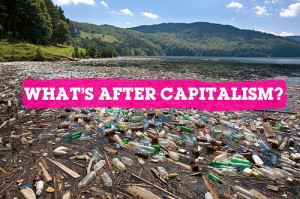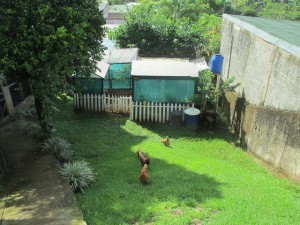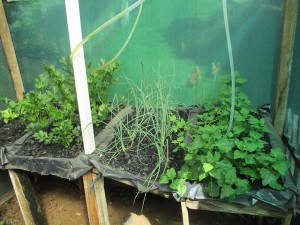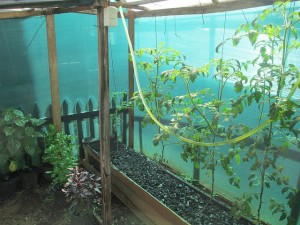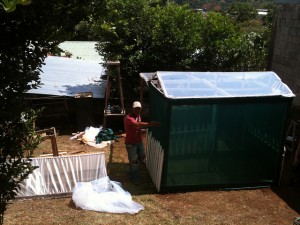It often dawns upon me that there are two separate worlds.
One is the real world where real things exits, where life truly happens…
and then there is this superficial one, largely made up of status signs and symbols.
I ran across a Brain Pickings post today about a book by Alan Watts entitled, Does it Matter – Essays on Man’s Relation to Materiality.
No, I haven’t read the book, yet. But I certainly will…
Watts was a English born philosophising sort who was a 60’s guru on Eastern thought, like Zen Buddhism.
Don’t know much about him…I did read this morning that he experimented with LSD…
Don’t fault him for that, as I did too, although by the time I got around to it, Owsley has already exited the scene and the quality of the experience along with him.
Anyway, what particularly struck me from the post was this quote from Watts’ book…
All too easily, we confuse the world as we symbolize it with the world as it is.
Watts then goes on to write…
Money is a way of measuring wealth but is not wealth in itself. A chest of gold coins or a fat wallet of bills is of no use whatsoever to a wrecked sailor alone on a raft. He needs real wealth, in the form of a fishing rod, a compass, an outboard motor with gas, and a female companion. But this ingrained and archaic confusion of money with wealth is now the main reason we are not going ahead full tilt with the development of our technological genius for the production of more than adequate food, clothing, housing, and utilities for every person on earth.
and finally…
It is an oversimplification to say that this is the result of business valuing profit rather than product, for no one should be expected to do business without the incentive of profit. The actual trouble is that profit is identified entirely with money, as distinct from the real profit of living with dignity and elegance in beautiful surroundings…
To try to correct this irresponsibility by passing laws (e.g., against absentee ownership) would be wide of the point, for most of the law has as little relation to life as money to wealth. On the contrary, problems of this kind are aggravated rather than solved by the paperwork of politics and law. What is necessary is at once simpler and more difficult: only that financiers, bankers, and stockholders must turn themselves into real people and ask themselves exactly what they want out of life — in the realization that this strictly practical and hard–nosed question might lead to far more delightful styles of living than those they now pursue. Quite simply and literally, they must come to their senses — for their own personal profit and pleasure.
I really like Watts’ admonition that financiers, bankers and stockholders turn themselves into real people.
For example, it wasn’t “real” for the Wolf of Wall Street (Jordan Belfort) to own a 170 foot yacht…which he sunk off the coast of Sardinia in a frantic attempt to salvage his money.
True that it makes for an interesting story, in as much as we adore superficial stories…
but it ain’t real.
That’s not the real world that the majority of the human population faces on a day to day basis.
And I believe that’s what Watts is getting at.
This contrived world of status signs and symbols, primarily represented by money and the superficial things we use it for, infringes on the real one to the extent that the real one is threatened.
Which is why Watts also states…
The moral challenge and the grim problem we face is that the life of affluence and pleasure requires exact discipline and high imagination.
Belfort had neither and his life of course suffered for it.
Using Belfort as an example is of course dramatic hyperbole…
but not really.
There are many caught up in this alternative world of superficiality in far less dramatic ways than Belfort.
They work hard, yes, that’s a given…
but for what?
To have way more than they really need?
Well it actually does.
And just look at the human and environmental poverty that exists in this world as living proof.
Now that’s the real world.
And it’s one that could be dramatically improved IF and only if…
those in the superficial one…
get real.
image credit: wolfofwallst via Compfight cc


